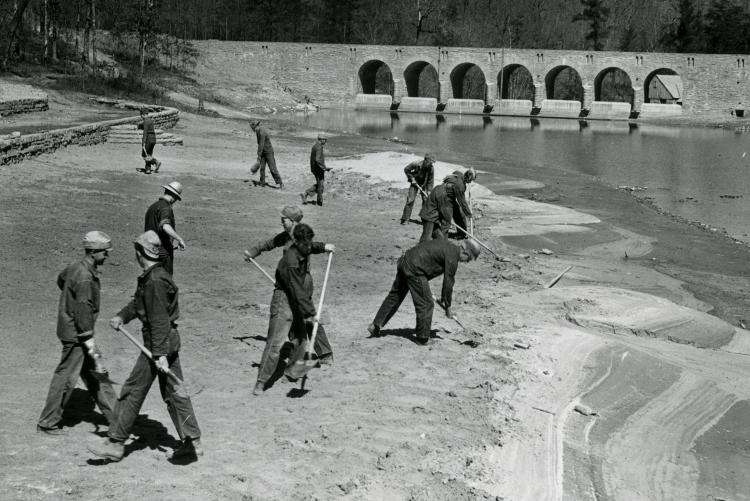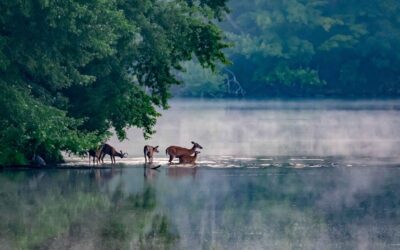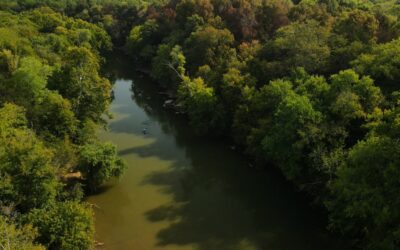Opinion article by Michael Butler, CEO of Tennessee Wildlife Federation, and Collin O’Mara, president and CEO of National Wildlife Federation
As we prepare to rebuild from the devastation wrought by the pandemic, we will need to summon solutions that match the magnitude of the moment.
One challenge we will have to address is the youth unemployment crisis. Currently, 11 million Americans under 30 years of age are out of work—a level not seen since the Great Depression. This crisis touches all demographics, but disproportionally affects youth of color, indigenous youth and rural youth.
The good news is that we already have a strong foundation upon which to build.
Shortly after his inauguration in 1933, President Franklin Roosevelt created the Civilian Conservation Corps (CCC) to “conserve our natural resources, create future national wealth and prove of moral and spiritual value not only to those of you who are taking part, but to the rest of the country as well.” Roosevelt’s “Tree Army” ultimately employed 3.4 million young men, who planted three billion trees, created more than 700 state and local parks, and constructed trails across the country. In Tennessee, there were more than 76,000 of our state citizens in the CCC. They worked on 17 different state parks and on multiple national and state initiatives such as our state forests.
The same opportunity lies before us today. Investments in restoration, recreation, and resilience create good-paying jobs more quickly than many other alternatives—15 to 33 jobs per million invested— because most of the funds go towards labor, rather than materials.
By establishing a 21st century CCC, leaders in Washington, D.C. and Nashville, could put young Tennesseans to work, restoring our natural places and fixing the some $82 million maintenance backlog for our state parks and the crumbling recreational infrastructure in places like Great Smoky Mountains National Park, Big South Fork National Recreation Area, and Land Between the Lakes National Recreation Area—particularly if Congress passed the bipartisan Great American Outdoors Act.
To scale up quickly, Congress should pass block grants to states like Tennessee for these purposes, and we can also build upon an existing AmeriCorps program to have young workers implement shovel-ready state, local and federal plans.
In addition to helping address the needs of our state and national parks in Tennessee, a new CCC could be highly effective in our fight against invasive-exotic species of plants and animals, and efforts to improve wildlife habitat. In many cases, hard work and lots of it are the only way to control and manage these problems. These activities could be enormously helpful to local parks, state forests, and state wildlife management areas.
Just as the first CCC set the foundation for much of our state’s wonderful outdoor recreation areas, helped control soil erosion, improved the quality of our water, and gave jobs to millions, a new CCC can help us get ahead of chronic natural resource challenges and ensure that Tennessee’s greatest attraction—it’s great outdoors—stays healthy and open for business.
Time is of the essence. We need to lay the groundwork now, so we can swiftly put young people to work restoring Tennessee’s and America’s natural treasures. A new CCC will not just help restart the economy, it will increase our strength and resilience as a nation.
Featured photo from Tennessee State Library & Archives




